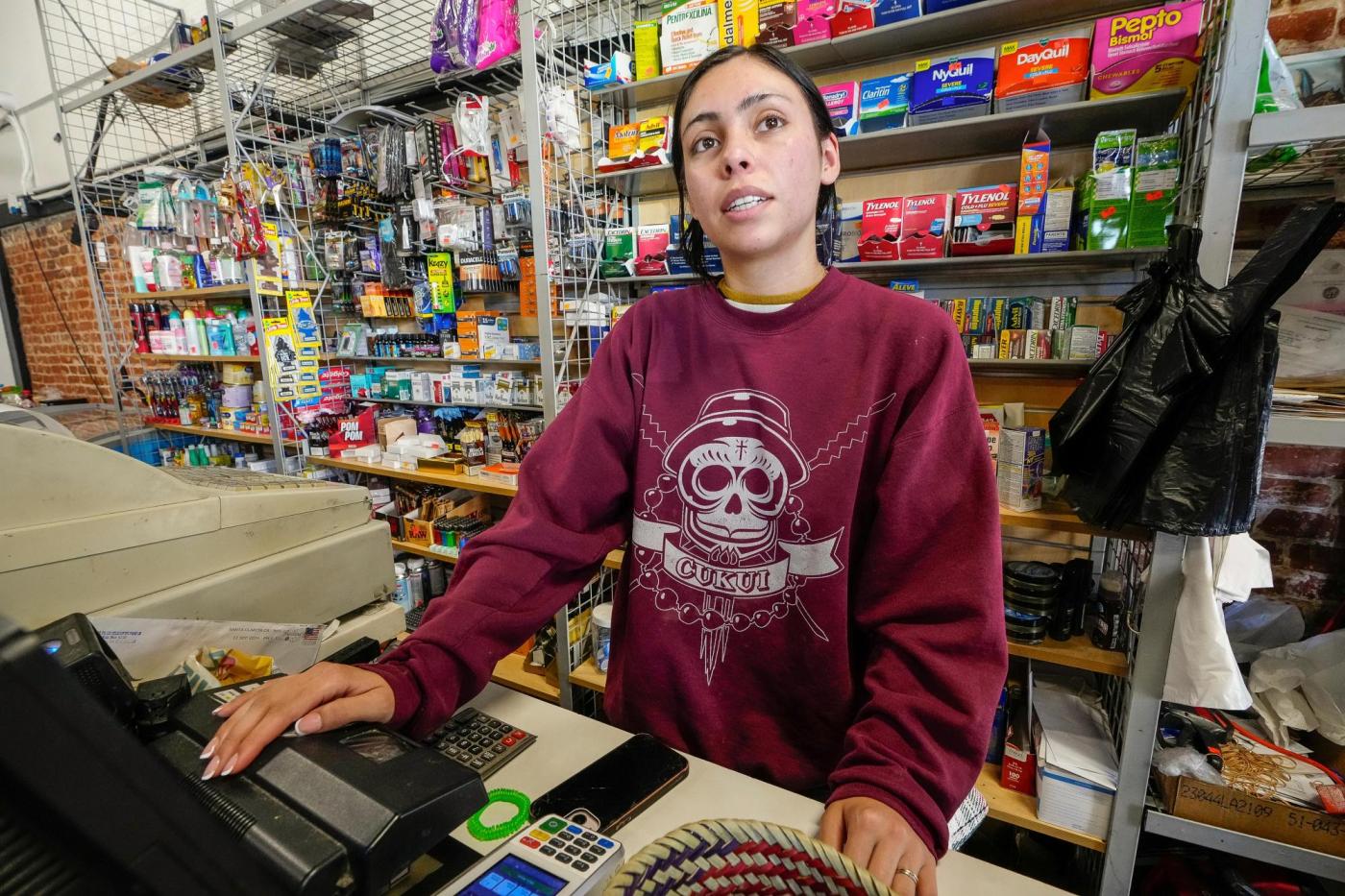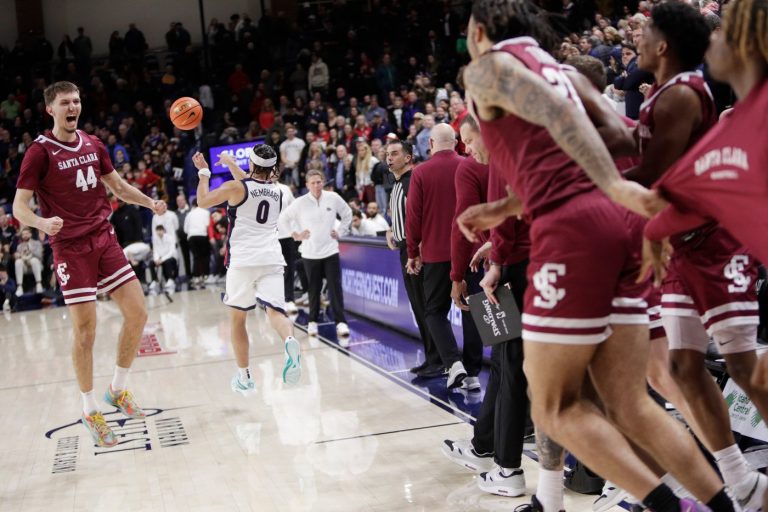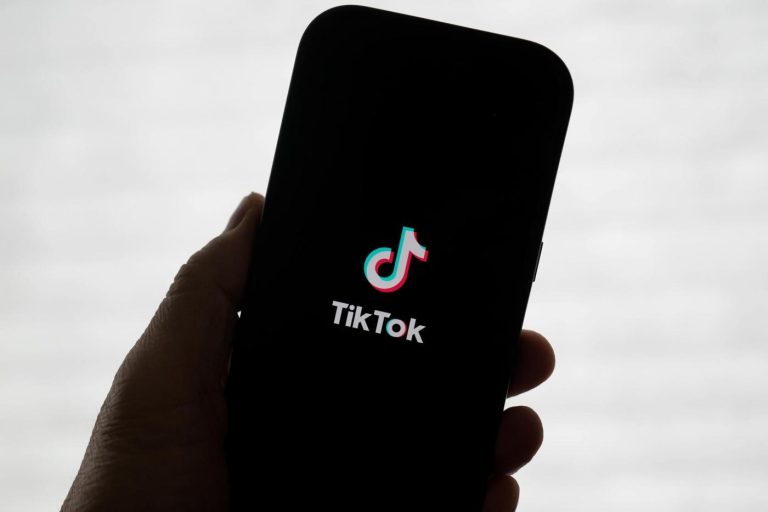SACRAMENTO — Voters in California have rejected a ballot measure that would have raised the state minimum wage to $18 per hour by 2026, the highest in the country.
Opponents, including the California Chamber of Commerce, said it would have increased costs, led to higher taxes and pushed businesses to cut jobs.
RELATED: Auto parts layoffs erase 100-plus Bay Area jobs, 1,000-plus in state
“With the economy and costs top of mind for many voters this election, that message appears to have resonated,” said Jennifer Barrera, the chamber’s president and CEO.
Related Articles
California Democratic challenger Derek Tran increases lead over incumbent GOP Rep. Michelle Steel
Two weeks from Election Day, and over half a million California votes are yet to be counted
A California Republican won an Assembly seat he didn’t want. Now taxpayers are paying for a new election
In House race, California GOP Rep. Michelle Steel and Dem. challenger Derek Tran remain in dead heat
Alameda County DA Pamela Price concedes defeat in historic recall election
Proponents estimated that the measure would have benefited 2 million workers, including hotel and grocery employees.
“Proposition 32’s failure to pass is disappointing for all Californians who believe that everyone who works should earn enough to support their families,” said Kathy Finn, president of UFCW 770, a Southern California union representing nearly 30,000 workers in various sectors.
The current minimum wage rates are $16 per hour for most workers and $20 in the fast-food sector. The health care sector will eventually see its minimum wage reach $25 per hour under a law that Democratic Gov. Gavin Newsom signed last year and took effect in October.
Hawaii passed a law in 2022 to gradually increase the statewide minimum wage to $18 an hour, but it does not take effect until 2028.
In 2016, California became the first state to pass a $15 hourly minimum wage under a law signed by then-Gov. Jerry Brown, also a Democrat. About 40 cities and counties already have minimum wages higher than the statewide rate, and six of them require minimums above $18 per hour as of this year.












